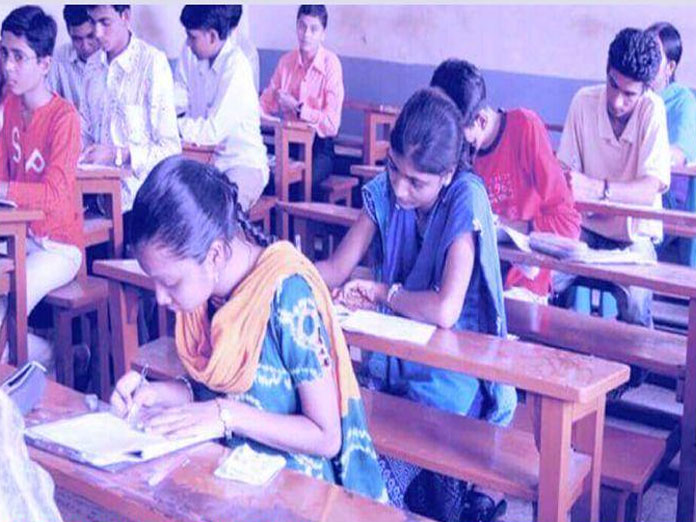Kerala publishes cyber safety protocol for students

The staterun Kerala Infrastructure and Technology for Education KITE on Sunday published a cyber safety protocol detailing guidelines
Thiruvananthapuram: The state-run Kerala Infrastructure and Technology for Education (KITE) on Sunday published a cyber safety protocol detailing guidelines.
The protocol comes as per the recommendations in a report of the Committee on the Welfare of Women, Transgenders, Children and Differently Abled under the state legislative Assembly.
It carries specific instructions for institution heads, teachers, parents and students to ensure cyber safety.
According to the protocol, secure password protection should be ensured by an institution head insisting on safe search methods, facilitating uninterrupted availability of Internet to teachers and students, providing Internet access to students only under the supervision of teachers, displaying instructions for secure Internet browsing in classrooms and labs.
It has been mandated to conduct cyber safety audit in schools across Kerala at least twice a year.
K. Anvar Sadath, Vice Chairman and Executive Director of KITE, said that teachers have been instructed to browse and download ICT contents for their classes well in advance in order to avoid searching them online in classrooms in the presence of students, where there is a possibility of inappropriate content showing up in the search.
"Whenever Internet based learning projects are assigned to students, teachers have to pre-check the website and only the secure portals have to be advised. The Internet usage in schools has to be strictly restricted for learning activities, official purposes and other learning/teaching related activities," said Sadath.
The protocol also specifies 11 activities to be strictly followed by students.
These include individual information and pictures not to be saved in public machines; not to download information or contents from unknown or untrusted websites; mobile phones and laptops, should not be handed over to strangers; and personal information should not be shared through the Internet or any kind of social media.
"The protocol also demands the parents to alert the concerned officers if they feel that their child has become a victim of cybercrime," added Sadath.














